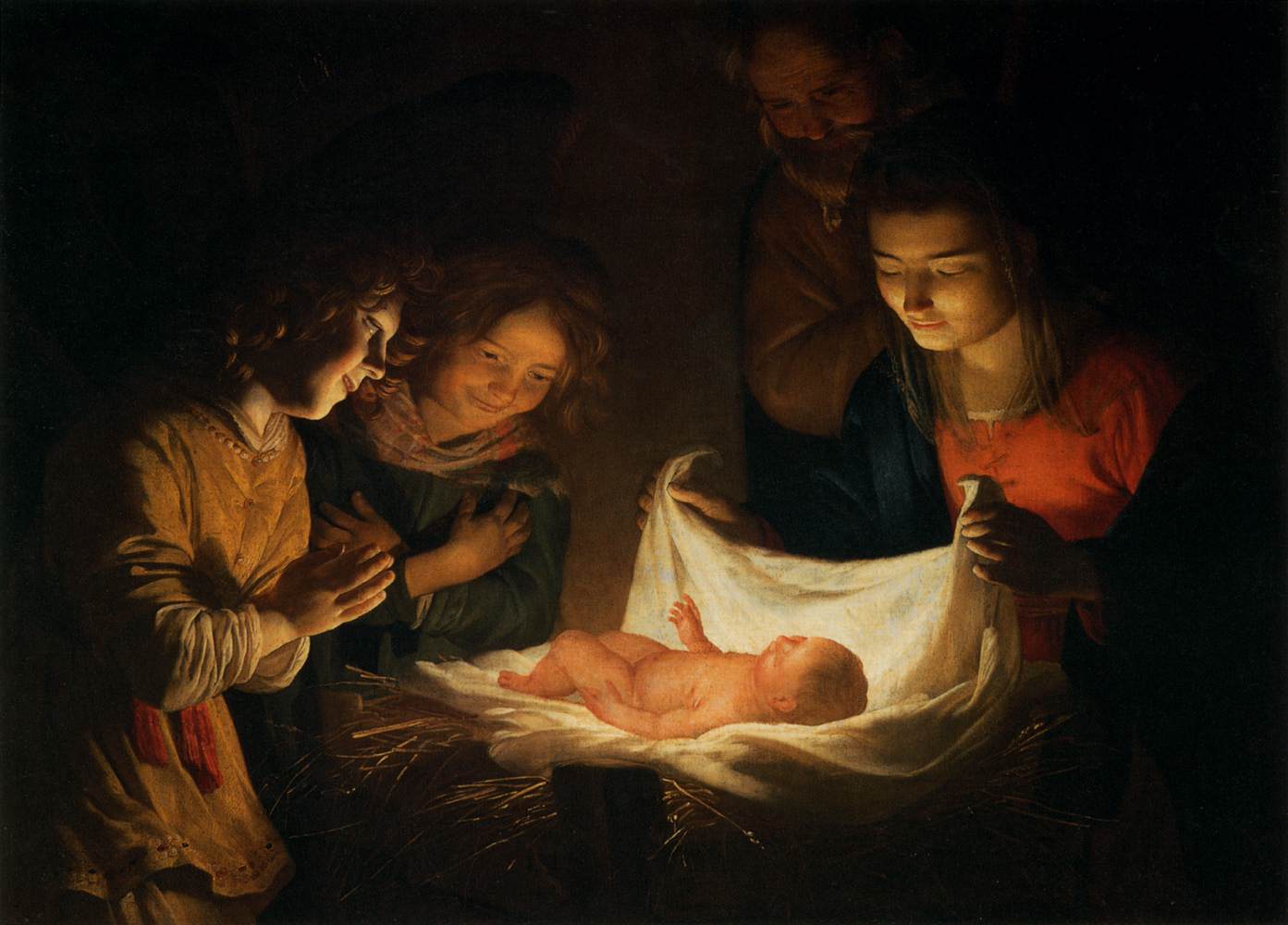We all know the Christmas song, O Come O Come Emmanuel but what exactly does Immanuel mean? Why don’t we just say Jesus? The answer we surprisingly simple.
Origin of Immanuel
The use of Immanuel is best known from the OT prophet Isaiah who prophesied to Israel when tgey were in years of war and turmoil. While the wicked king Ahaz was on the throne over Judah and Pekah on the throne over Northern Israel, the Lord told Ahaz (through Isaiah) that the armies of Pekah and Rezin (Aram) would not overtake Judah in battle.
However, Ahaz did not believe and God even told Ahaz that He would give him and sign so that Ahaz could have faith. Sadly, Ahaz chose to ignore the the Lord. Thus, God delivered a prophetic vision for the future.
Again the Lord spoke to Ahaz, 11 “Ask the Lord your God for a sign,whether in the deepest depths or in the highest heights.”
12 But Ahaz said, “I will not ask; I will not put the Lord to the test.”
13 Then Isaiah said, “Hear now, you house of David! Is it not enough to try the patience of humans? Will you try the patience of my God also?14 Therefore the Lord himself will give you a sign: The virgin will conceive and give birth to a son, and will call him Immanuel.
(Isaiah 7:10-14)
Later, the gospel writer Matthew picks up this prophetic utterance and applies it to Jesus. Matthew also supplies the meaning of the phrase to the audience, possibly because some of them would not understand the Hebrew phrase, even though most scholars believe that Matthew was written for a primarily Jewish audience.
The virgin will conceive and give birth to a son, and they will call him Immanuel which means ‘God with us’. (Matthew 1:23)
Matthew’s usage of Isaiah 7:14 was the first and last in the New testament. However, the early church mostly agreed that Jesus was Immanuel.
Hebrew Construction of Immanuel
Immanuel (עִמָּנוּאֵל) is a Hebrew construction made up of 3 pieces. The first piece is “Im” (עִמָּ) which means with. The second part, “nu” (נוּ) is a pronoun which means us. The last part is the object, El (אֵל) which is a standard ANE word for God/god. Also remember that Hebrew reads from right to left. In the image below you will notice the that the word ordering is also different that English. That is because Hebrew tends to conjugate word parts into each other whereas in English we keep all our words and word parts separated. Thus, if we were reading English as we were Hebrew it would be all one word structure; “Godwithus”.


Thank you! Informative. I’ve wondered myself
Glad you enjoyed it. If you ever have questions you want answered you can ask us by using our contact form or posting it in the forum.